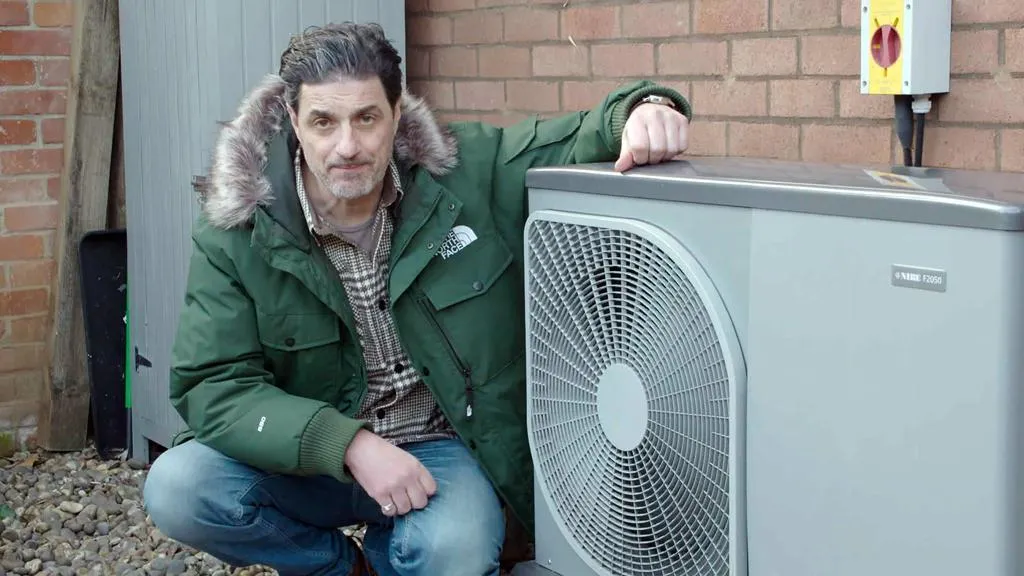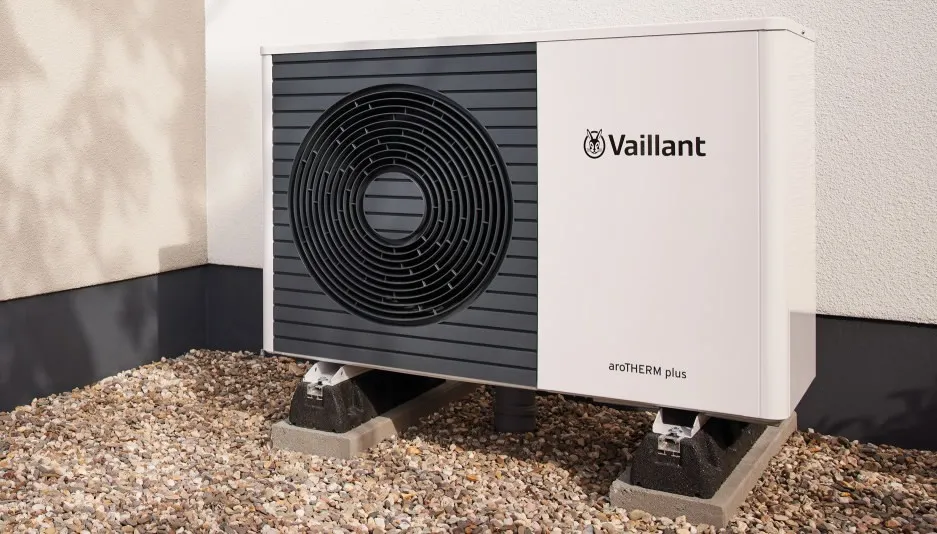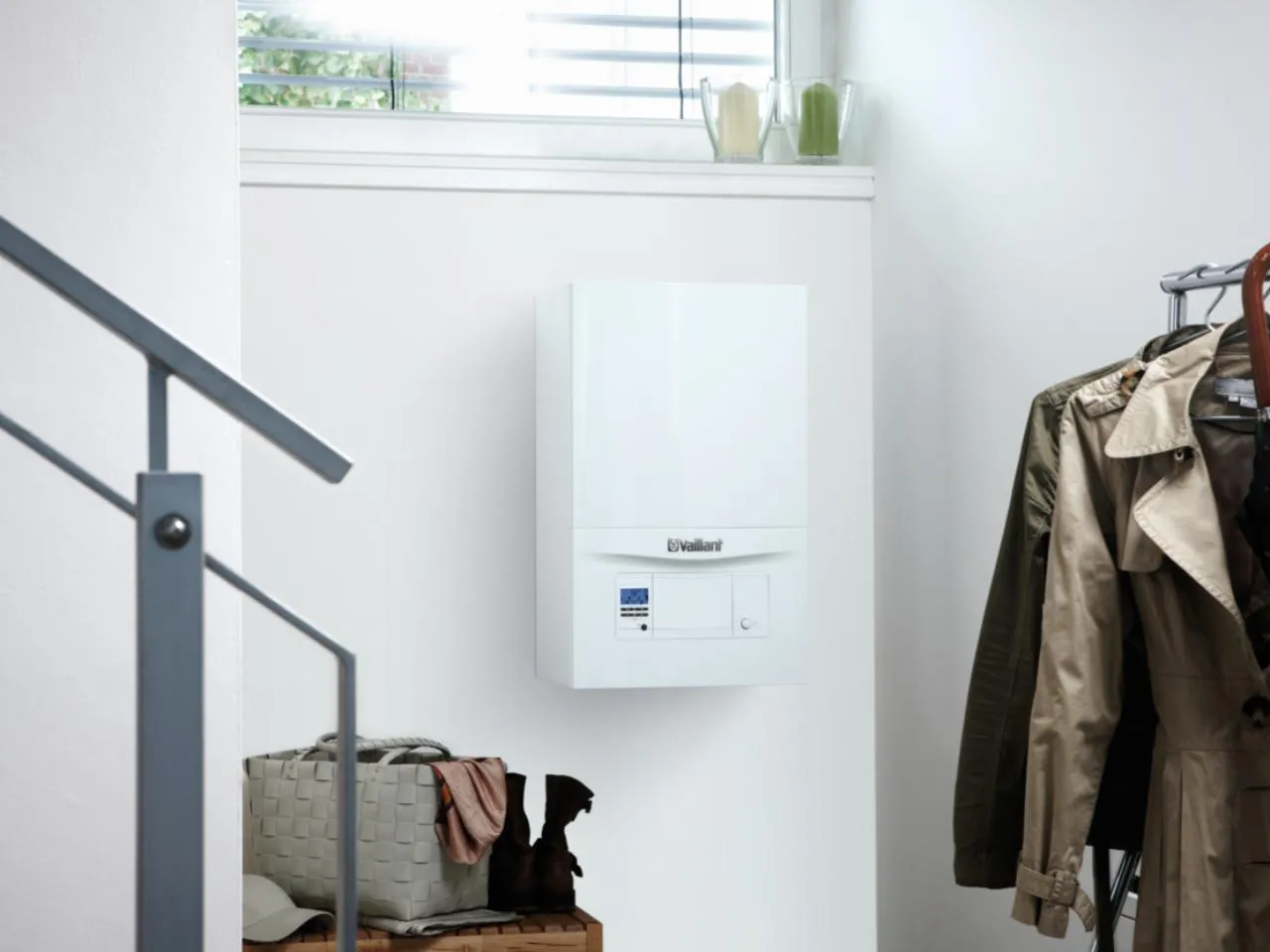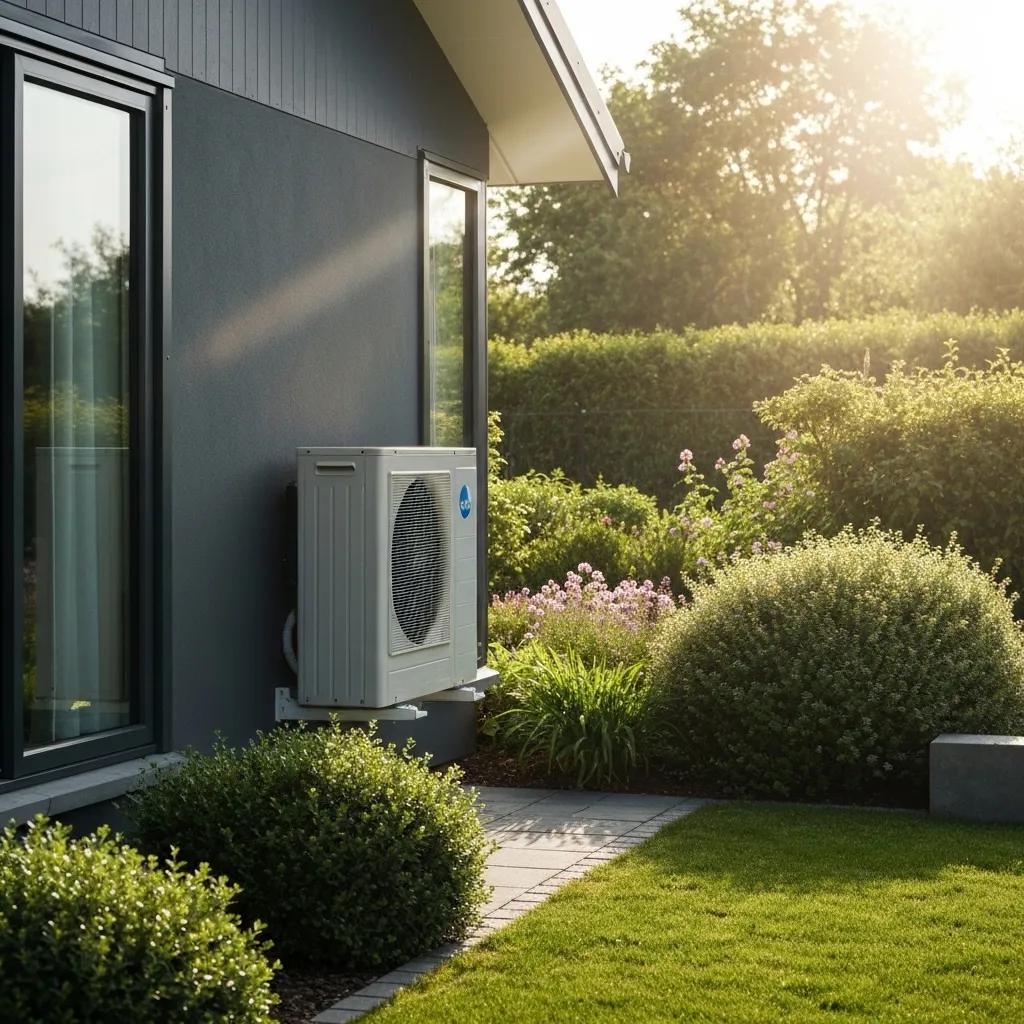Heat Pumps: Are They Really Worth It?
Have you seen Channel 5’s new programme “Heat Pumps: Are They Really Worth It?” We certainly did, and while it’s fantastic to see heat pumps getting some airtime, we understand it might have sparked a few questions.
As the UK champions its drive towards net zero and increasingly promotes renewable energy solutions, heat pumps are understandably grabbing a lot of attention. But are they truly a worthwhile investment? In this article, we’ll dive into the benefits, costs, and crucial factors to help you determine if a heat pump is the right choice for your home.
With the UK’s ambitious target of achieving net zero emissions, the conversation around renewable energy solutions has never been more pertinent. One technology that’s rapidly gaining momentum is the heat pump. These ingenious systems, which efficiently transfer heat from one location to another, are widely regarded as a sustainable alternative to conventional heating methods. However, it’s natural for homeowners to wonder if investing in a heat pump truly delivers on its promise.
In this blog, we’ll explore the many advantages of heat pumps, alongside a candid look at the associated costs and key considerations, all designed to guide you towards a more informed decision about this increasingly popular heating option.
By examining the advantages of heat pumps, it’s clear why they’ve become a central topic in the renewable energy discussion. Not only do they offer the potential for lower energy bills thanks to their impressive efficiency, but they also play a significant role in reducing your carbon footprint. Furthermore, government incentives are available to help ease the initial installation expenses, making them a more attainable option for many households. Nevertheless, it’s vital to consider aspects such as installation requirements, whether a heat pump is suitable for your specific property, and the potential long-term savings.
By taking a balanced view of these elements, homeowners can confidently decide if switching to a heat pump is a valuable investment that aligns with their aspirations for a greener future.
This move towards eco-friendliness not only benefits the planet but also enhances your home’s comfort and overall efficiency.
The Case for Heat Pumps
Heat pumps are often hailed as the future of home heating. Here’s why:
- Energy Efficiency – Heat pumps can achieve efficiency ratings of 300-400%, meaning they generate three to four times more heat energy than the electrical energy they consume.
- Lower Carbon Footprint – Unlike traditional gas boilers, heat pumps don’t rely on burning fossil fuels, leading to a substantial reduction in household carbon emissions.
- Savings on Energy Bills – While the initial outlay can be higher, many homeowners experience a noticeable decrease in their energy costs over time.
- Government Incentives – Schemes such as the Boiler Upgrade Scheme provide grants to help offset installation costs, making heat pumps more accessible.
- Improved Home Value – Your home becomes more desirable when selling and adds £5,000 – £8,000 to the property’s value according to the WWF/Scottish Power’s “Better Home Cooler Planet” report in 2022.
Considerations Before Installing a Heat Pump
Despite their numerous benefits, heat pumps aren’t a universal solution. Here are some important factors to consider:
- Upfront Costs – Installation can represent a significant initial expense, but government grants are available to help mitigate this.
- Home Suitability – Effective insulation is crucial for maximising the performance of a heat pump. Older properties with less effective insulation might require additional upgrades.
- Running Costs & Performance – While heat pumps are inherently more efficient, the prevailing electricity prices will influence running costs. Selecting the appropriate system and a reputable installer is paramount.
Heat Pumps: Are They Worth It?
For a great many homeowners, heat pumps represent a wise, long-term investment. They help, lessen environmental impact, and future-proof homes against evolving energy regulations. If your property is well-insulated and you can take advantage of available grants, making the switch to a heat pump can be incredibly advantageous.
For many homeowners, heat pumps offer a compelling opportunity for a smart, long-term investment in both comfort and sustainability. These innovative systems not only contribute to lower energy bills but also significantly reduce a property’s environmental impact, perfectly aligning with the growing global emphasis on eco-friendly living.
As energy regulations worldwide continue to evolve, homeowners who opt for heat pumps are effectively future-proofing their properties against potential changes, ensuring compliance while enjoying efficient heating and cooling solutions.
With the rising costs associated with traditional energy sources, transitioning to a heat pump can be a proactive step towards economic sustainability, making it a prudent choice for those aiming to enhance their home’s energy efficiency.
Furthermore, the advantages offered by heat pumps can be maximised when combined with excellent insulation and the strategic utilisation of available grants or incentives for property upgrades. Homes that are well-insulated tend to experience the most substantial benefits, as the heat pump operates with greater efficiency within an optimally sealed environment. This not only boosts overall performance but also contributes to long-term savings on energy bills.
By embracing this technology, homeowners can enjoy a luxurious and comfortable living space while also acting as responsible stewards of the environment. With expert guidance and a welcoming approach to the latest energy solutions, the transition to heat pumps becomes an exciting and ultimately rewarding journey that reflects a commitment to both quality living and environmental responsibility.
At Neater Heat, our primary focus is on delivering expert heat pump installations meticulously tailored to the unique requirements of each customer. Our team of knowledgeable professionals is dedicated to ensuring that every client receives the most suitable heating solution, setting us apart in the industry.
The commitment to exceptional service is evident in our approach, guaranteeing that customers experience a premium journey from their initial consultation right through to the final installation.
Our expertise enables us to thoroughly assess individual needs and provide personalised recommendations, ensuring maximum efficiency and comfort within your home.
For those considering the move to a heat pump, Neater Heat serves as an invaluable resource. Our enthusiastic and approachable team is always on hand to assist, making the entire process as smooth and straightforward as possible. We understand that selecting a heating solution is a significant decision, which is why we pride ourselves on being accessible and transparent.
By reaching out to Neater Heat, prospective customers can explore the diverse range of options available and discover how the latest heat pump technologies can deliver both environmental advantages and cost savings. With an unwavering commitment to excellence, the Neater Heat team is eager to help customers begin their journey towards a more sustainable and efficient heating solution.
Frequently Asked Questions
How long do heat pumps typically last?
Heat pumps are designed for longevity, with an average lifespan of 15 to 20 years, depending on the type and maintenance. Regular servicing can extend their life, ensuring optimal performance and efficiency. It’s essential to choose a reputable installer and follow the manufacturer’s guidelines for maintenance to maximise the lifespan of your heat pump.
Additionally, advancements in technology may lead to even longer-lasting systems in the future, making them a worthwhile investment for homeowners.
Can heat pumps be used for both heating and cooling?
Yes, many heat pumps are versatile systems that can provide both heating and cooling. This dual functionality makes them an attractive option for year-round climate control in your home. During colder months, heat pumps extract heat from the outside air or ground to warm your home, while in warmer months, they can reverse the process to cool indoor spaces.
This capability enhances comfort and can lead to significant energy savings compared to traditional heating and cooling systems.
What maintenance do heat pumps require?
Maintaining a heat pump is crucial for ensuring its efficiency and longevity. Regular maintenance typically includes cleaning or replacing filters, checking refrigerant levels, and inspecting electrical components. It’s advisable to schedule professional servicing at least once a year to address any potential issues and keep the system running smoothly. Proper maintenance not only enhances performance but can also prevent costly repairs down the line, making it an essential aspect of heat pump ownership.
Are heat pumps noisy during operation?
Heat pumps are generally quieter than traditional heating systems, but noise levels can vary depending on the model and installation.
Most modern heat pumps are designed with noise reduction features, making them suitable for residential areas. However, some outdoor units may produce a low hum or fan noise during operation. If noise is a concern, it’s advisable to consult with your installer about selecting a model that meets your noise preferences and to consider optimal placement for minimal disruption.
How do heat pumps perform in extremely cold weather?
Heat pumps are designed to operate efficiently in a range of temperatures, but their performance can be affected by extremely cold weather. In such conditions, their efficiency may decrease, and they may require supplementary heating to maintain indoor comfort.
However, modern cold-climate heat pumps are engineered to function effectively even in lower temperatures, making them a viable option for many regions. Homeowners should discuss their specific climate conditions with their installer to ensure the best system choice.
What types of heat pumps are available?
There are several types of heat pumps available, including air-source, ground-source (geothermal), and water-source heat pumps. Air-source heat pumps are the most common, extracting heat from the air outside. Ground-source heat pumps utilise the stable temperature of the ground, making them highly efficient.
Water-source heat pumps draw heat from nearby water bodies. Each type has its advantages and suitability depending on your property and local climate, so it’s essential to evaluate your options carefully.
How can I determine if my home is suitable for a heat pump?
To determine if your home is suitable for a heat pump, consider factors such as insulation quality, existing heating systems, and property size. Well-insulated homes tend to benefit the most from heat pumps, as they retain heat more effectively. Additionally, an energy audit can help assess your home’s efficiency and identify any necessary upgrades.
Consulting with a professional installer can provide tailored advice based on your specific circumstances, ensuring you make an informed decision.




